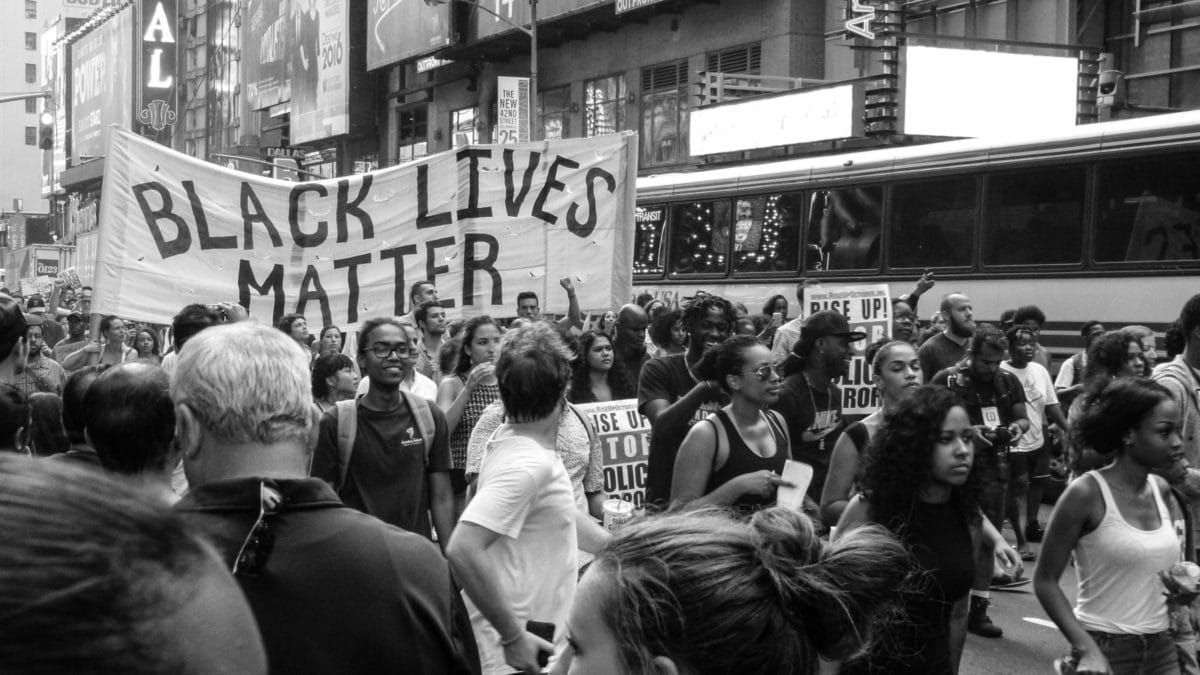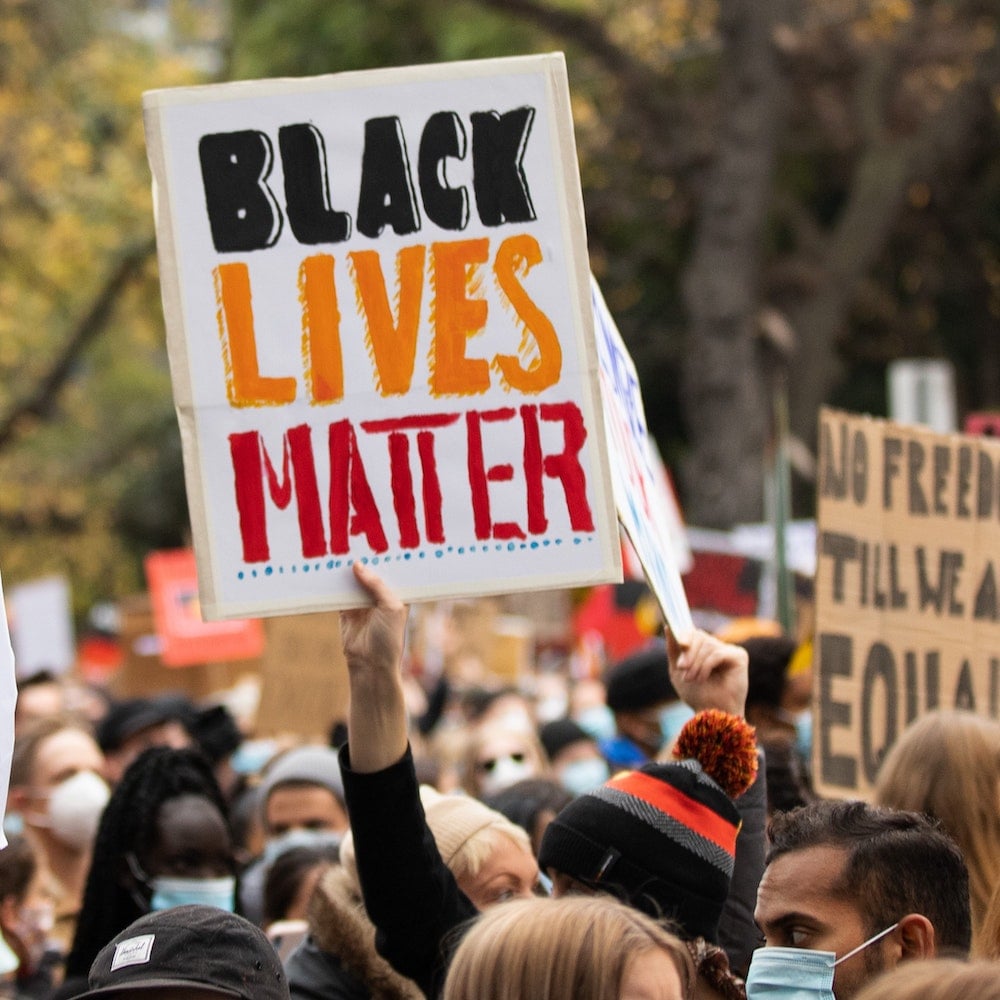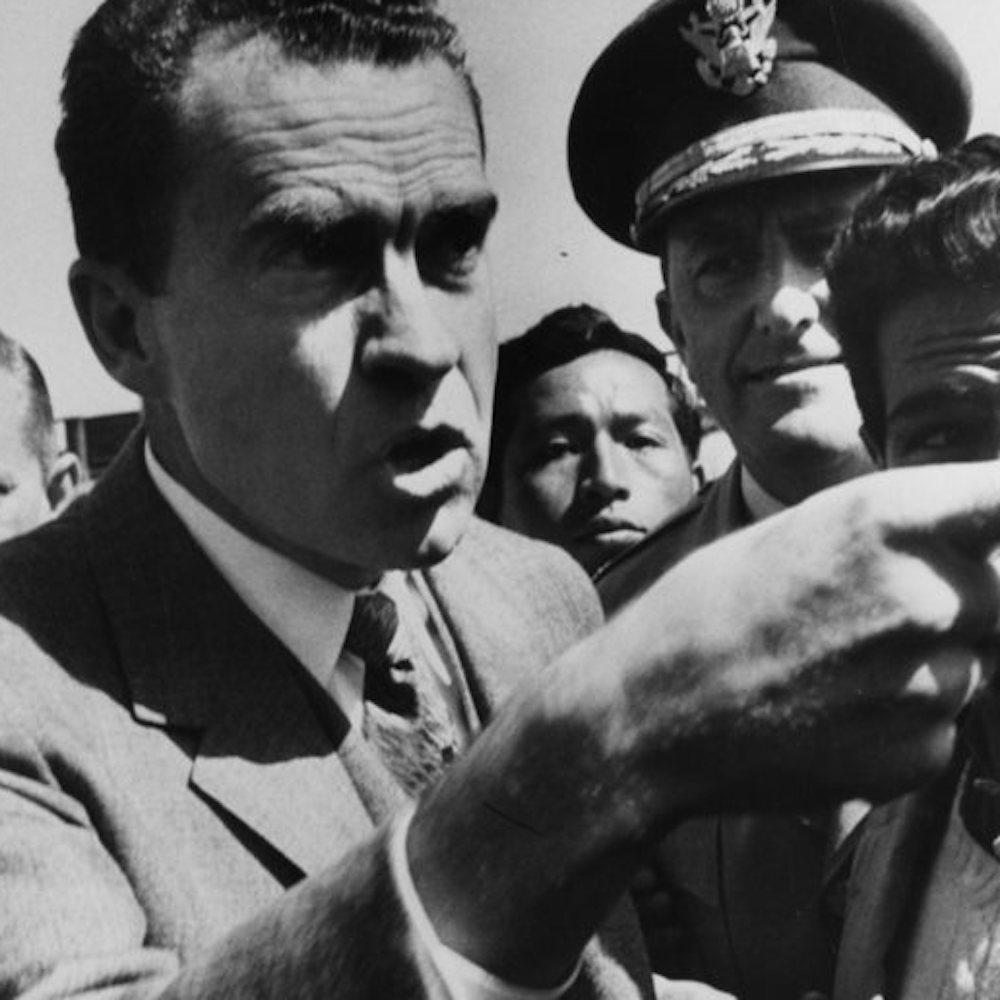
Police continue to leverage drug laws in Australia to oppress minority groups while turning a blind eye to others.
The War on Drugs isn’t just bad for our health – it’s also deeply unfair
Sophie Stockman
20.3.21
When making the case for drug law reform, people sometimes say that ‘prohibition doesn’t work’. What they usually mean is that prohibition hasn’t prevented drug use, or that it doesn’t promote health. But there’s another, deeper problem with prohibition, related to its history as a way of criminalising minority communities. Since as far back as the 1800s, Australian drug laws have directly targeted Indigenous people. Queensland and South Australia banned Aboriginal people from smoking opium while Europeans were conveniently left out of the legislation. While these laws no longer exist today, police still find ways to target Indigenous people for drug crimes.
Aboriginal and Torres Strait Islander people makeup just two per cent of the general population but are locked up at a much higher rate: 27 of Australian prisoners are Indigenous people. Not only are Indigenous people in Australia one of the most incarcerated people on the planet – they are dying under this system. Since the 1991 Royal Commission into Aboriginal Deaths in Custody, over 430 Indigenous people have died in prisons across the country. From the Royal Commission to 2016, Indigenous people accounted for almost 20 per cent of all prison deaths.
At the same time, police continue to enforce racism through profiling certain stereotypes for drug searches. Recent reports show that in some areas of NSW, 78 per cent of searches were conducted on Aboriginal and Torres Strait Islander people – with nothing being found in most cases.
Even though drug policy in Australia applies to everyone, police are often still able to use their discretion when deciding whether to enforce the law. In NSW, 80 per cent of Indigenous people found with small amounts of cannabis are pursued by the criminal justice system while non-Indigenous people are more likely to be let off with a warning.
In 2018, a secret list that was leaked revealed NSW police were targeting Indigenous children. More than half of the over 300 children on this Suspect Target Management Program (STMP) were described as Aboriginal. The program allows police to identify young people for ‘pro-active attention’, involving being repeatedly stopped, detained and even visited at home for no apparent reason.
Greens MP David Shoebridge, who obtained and analysed the data, condemned NSW police for lack of transparency and racial profiling.
“This program will just confirm, in many young Aboriginal people’s minds, that the police are out to get them. And to unfairly target them, and to unfairly discriminate against them. And when you look at the data, that conclusion looks bloody reasonable,” he said.
Being targeted by police as a child is something that Dhungatti man Isaiah Sines knows all too well. While Sines isn’t sure if his name was on the STMP, he was strip-searched by police down to his underwear on the side of a busy road when he was just 13-years-old. He recalls a period when he was stopped almost daily, with the same officers stopping him twice on one particular day. Now he works with Just Reinvest, an Aboriginal justice organisation that helps young people going through similar experiences.
The statistics and stories from Indigenous people who have been targeted by police continue to add up. Prohibition not only prevents people from being honest and getting help if they need it, but it is also deeply unfair. Police continue to leverage drug laws in Australia to oppress minority groups while turning a blind eye to others.
Image Credit:
Nicole Baster on Unsplash
References:
- 2021. Report of the Special Commission of Inquiry into crystal methamphetamine and other amphetamine-type stimulants. [ebook] NSW Government, p.43. Available at: <https://www.dpc.nsw.gov.au/assets/dpc-nsw-gov-au/publications/The-Drug-ice-1546/03-Report-Volume-1b.pdf> [Accessed 18 March 2021].
- ALRC. 2018. Disproportionate Incarceration Rate | ALRC. [online] Available at: <https://www.alrc.gov.au/publication/pathways-to-justice-inquiry-into-the-incarceration-rate-of-aboriginal-and-torres-strait-islander-peoples-alrc-report-133/executive-summary-15/disproportionate-incarceration-rate/> [Accessed 3 December 2020].
- Humanrights.gov.au. 2020. Calls to end Indigenous deaths in custody. [online] Available at: <https://humanrights.gov.au/about/news/calls-end-indigenous-deaths-custody> [Accessed 18 March 2021].
- 2019. Indigenous deaths in custody: 25 years since the Royal Commission into Aboriginal Deaths in Custody. [ebook] Australian Institute of Criminology, p.3. Available at: <https://www.aic.gov.au/sites/default/files/2020-05/sb17_indigenous_deaths_in_custody_-_25_years_since_the_rciadic_210219.pdf> [Accessed 18 March 2021].
- McGowan, M. and Knaus, C., 2020. NSW Police Pursue 80% Of Indigenous People Caught With Cannabis Through Courts. [online] the Guardian. Available at: <https://www.theguardian.com/australia-news/2020/jun/10/nsw-police-pursue-80-of-indigenous-people-caught-with-cannabis-through-courts> [Accessed 3 December 2020].
- Pallavi Singhal, A., 2020. ‘Systemic Unlawfulness’: 88 Per Cent Of NSW Police Searches Found Nothing. [online] The Sydney Morning Herald. Available at: <https://www.smh.com.au/national/systemic-unlawfulness-88-per-cent-of-nsw-police-searches-found-nothing-20200214-p540t4.html> [Accessed 4 December 2020].
- SBS. 2018. ‘Racist policing’: NSW Police slammed as data reveals more than half of youth targeted by secret blacklist are Indigenous. [online] Available at: <https://www.sbs.com.au/nitv/nitv-news/article/2018/04/18/racist-policing-nsw-police-slammed-data-reveals-more-half-youth-targeted-secret> [Accessed 18 March 2021].
- Allam, L. and Murphy-Oates, L., 2021. Australia’s anguish: the Indigenous kids trapped behind bars. [online] the Guardian. Available at: <https://www.theguardian.com/australia-news/2021/jan/18/australias-anguish-the-indigenous-kids-trapped-behind-bars> [Accessed 18 March 2021].
- Just Reinvest NSW Inc. n.d. Isaiah Sines – Just Reinvest NSW Inc. [online] Available at: <https://www.justreinvest.org.au/people/isaiah-sines/> [Accessed 18 March 2021].
Read the series
The racial injustice of drug laws

Australia’s drug laws are inherently racist – and always have been
Prohibitionists like to say that illegal drugs are banned because they’re dangerous. That’s just a cover-up for the real, racist roots of prohibition.

The racist truth behind the War on Drugs
U.S. President Nixon announced a ‘War on Drugs’ in 1971 – a declaration that continues to have a lasting impact on the way people who use drugs are treated worldwide.
Sign up
Sign up for movement news and opportunities to get involved
We are building a movement to make drug use legal and safe in Australia so that everyone has a better chance to lead a healthy and happy life.